Incorporating board games into your homeschool changes up the routine and makes learning more fun! Some call it gameschooling or play-based learning, but for those who are less formal, once in a while saying “Let’s play a game!” is a great way to encourage your children (and the entire family) to try something new.
Benefits of Using Board Games for Homeschool
There are behavioral and educational benefits to including board games in your homeschool schedule, such as teaching children critical thinking skills and sportsmanship and reinforcing their daily language and math lessons. Let’s explore that a bit more!
Behavioral
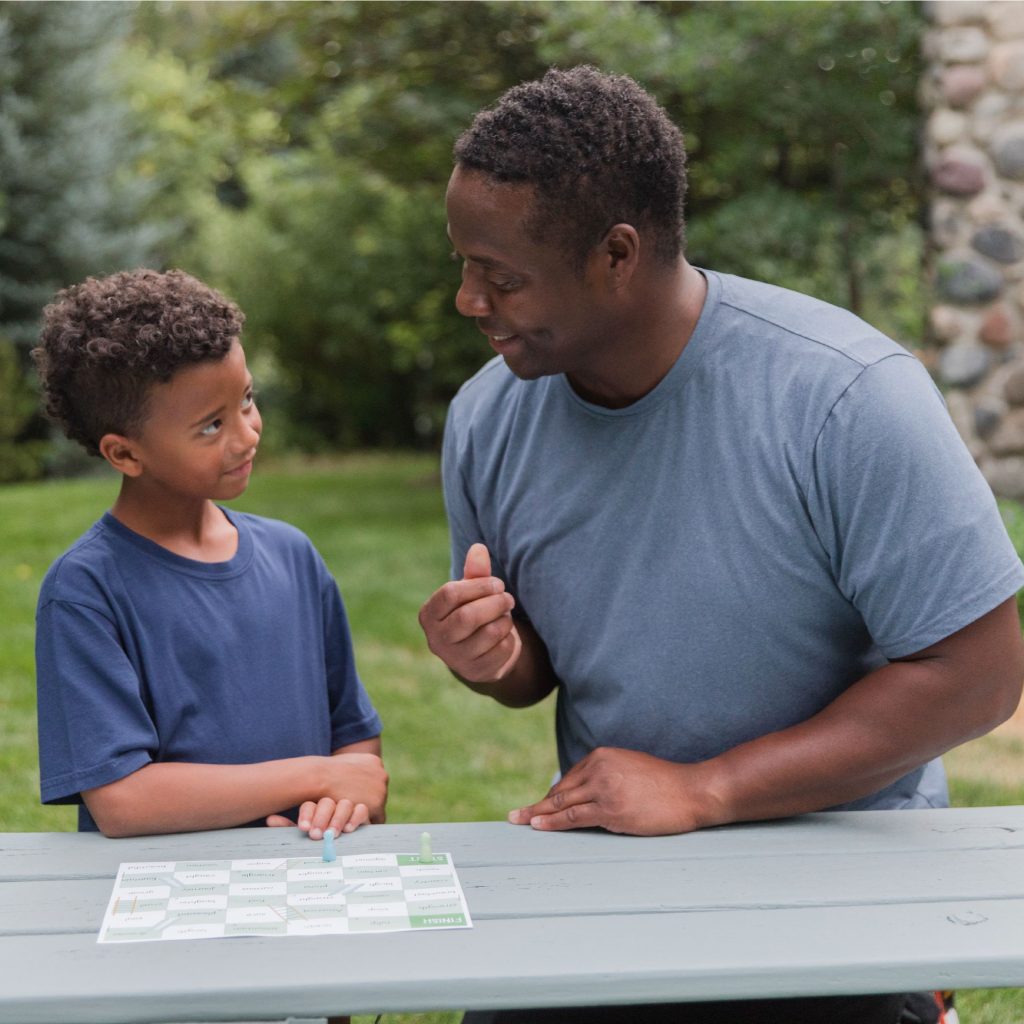
We all know the term “sore loser,” and we try to teach our children not to be one. But it takes time and intentional training to help them understand they can’t win all the time and to learn how to deal with that disappointment.
Even more importantly, when they lose or stumble, we must teach our children how to pull themselves back up and try again and then how to offer sincere congratulations to the winning player!
Family board game times are a safe place to model important moral and behavioral lessons that can be as basic as taking turns or waiting patiently, without the fear of embarrassment or judgment.
10 Positive Praises to Say to Your Child While Playing Games
- That was a nice move. You’re really good at this game.
- Thanks for waiting patiently for your turn.
- Wow! That’s a great answer. It was a challenging question.
- Thanks for letting your sister go first. That was very kind of you.
- I love how you are trying different ways to solve this problem.
- Thanks for your kind words to your brother when he lost the game.
- You were a gracious winner! Thanks for playing.
- I know it’s not fun to lose, but you played a good game.
- Thanks for playing with a great attitude.
- I had fun playing with you.
Educational
Games encourage children to stretch their thinking skills, solving problems or puzzles that are unique and challenging. Telling time, adding and subtracting money, reading advanced words, critical thinking, strategizing, and so many more skills are taught through board games.
Games are a great way to combine multiple disciplines into one efficient, but very effective, learning experience. This is something The Good and the Beautiful believes in, which is why we incorporate games directly into the lessons of our various curriculum products. Whether a matching game to practice sight words or a fact puzzle about the International Space Station, games make learning a bit more exciting!
How to Choose Games
By Subject
There are so many options for board games, it can be overwhelming. Various websites provide reviews on thousands of games, many homeschool blogs offer ideas, and friends often have excellent suggestions!
Your children may be interested in certain board games or topics over others. Start with games they like; then encourage younger children to expand into more advanced games and different topics. Games are a great way to expose them to new ideas, industries, historical stories, national and world landmarks, and more. The list of options is nearly endless!
Challenge your family to try new games. Borrow or trade games with friends. Make game time a special occasion, or simply pick a game that pairs well with a current science lesson or language course. Think sight words, storytelling, animal bingo, etc.
By Age
All games have age recommendations, but don’t be afraid to go above or below them with your children. Each child learns differently, likes different things, and can handle different levels of competitiveness.
Sometimes game time can be simple and fun, and other times it’s nice to take on a more advanced game that requires strategic thinking. Important lessons are being taught from either one!
Cooperative
And speaking of levels of competition, a good place to start with this skill for younger children is through cooperative games.
A cooperative game is one where all players work toward a common goal and need to combine efforts to accomplish that task. A simple online search will reveal many options for these fun, confidence-building games.
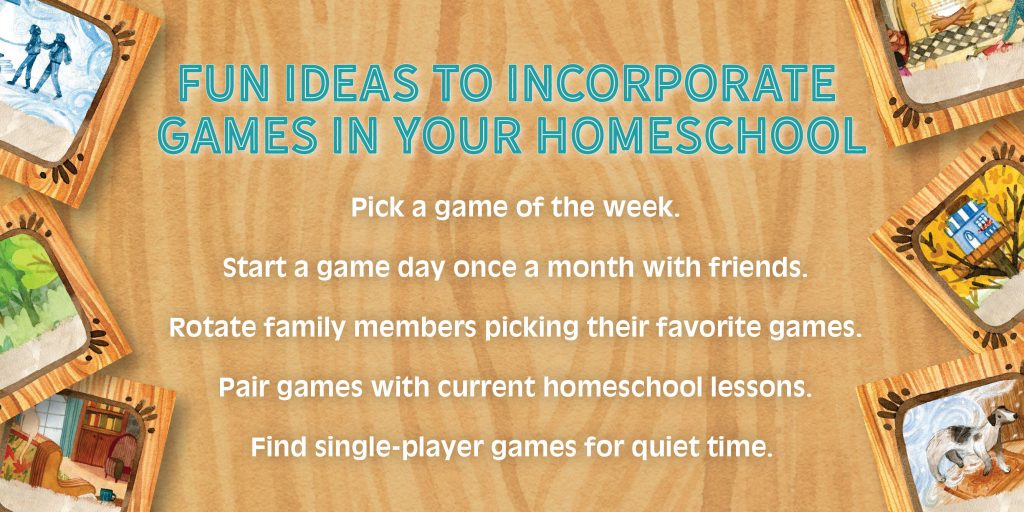
Games from The Good and the Beautiful
The Good and the Beautiful curriculum (language arts, math, history, and science courses) incorporates many opportunities to advance learning through playing games. We also offer games to supplement learning that tens of thousands of families have enjoyed!
Our Games & Activities page to see all the learning games we have to offer, or click on a subject of interest below.
- Reading Games
- Science Games & Notebooks
- Crafts & Drawing
- Math Games
- Activities for Littles
- Music, Videos, Stories, and More!
- History Games

Visit these three fun and educational sight word blogs for Kindergarten, First Grade, and Second Grade for free sight word games and activities!

You may also like . . .

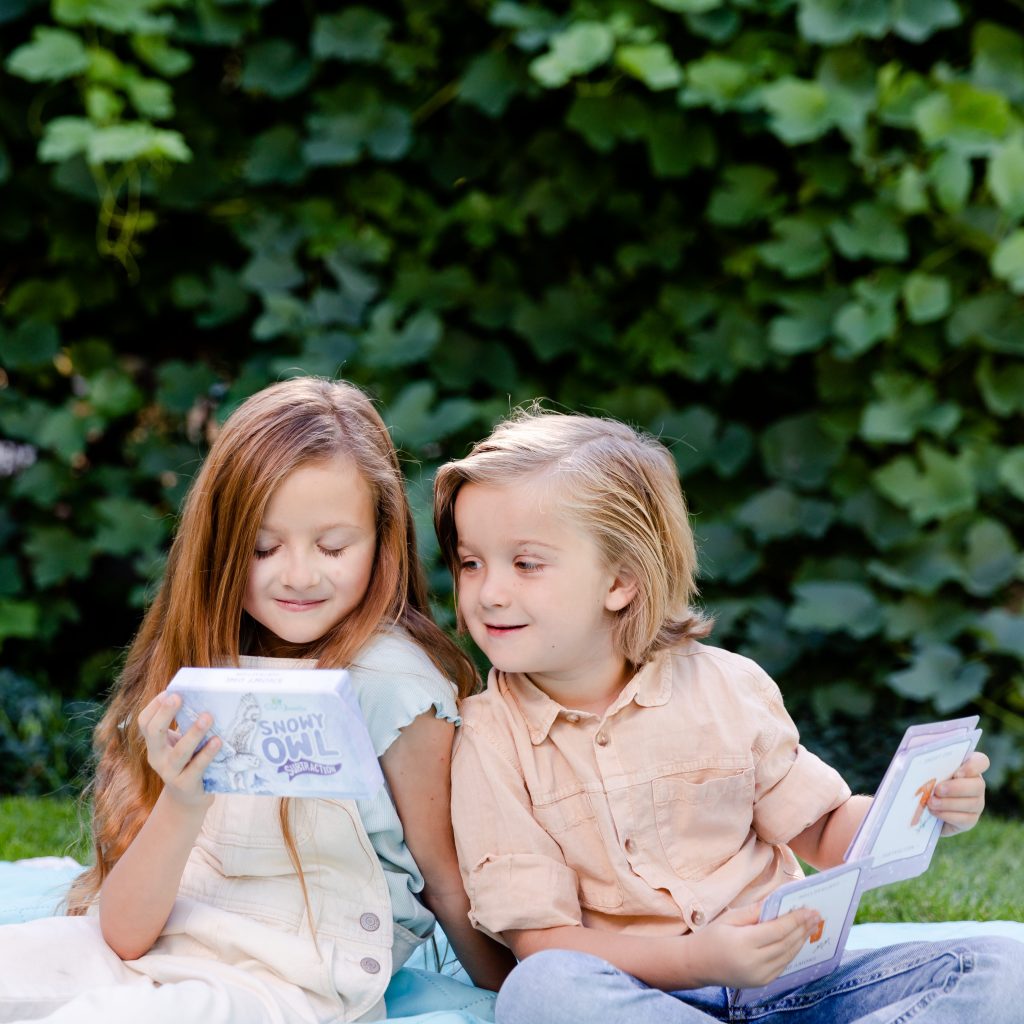
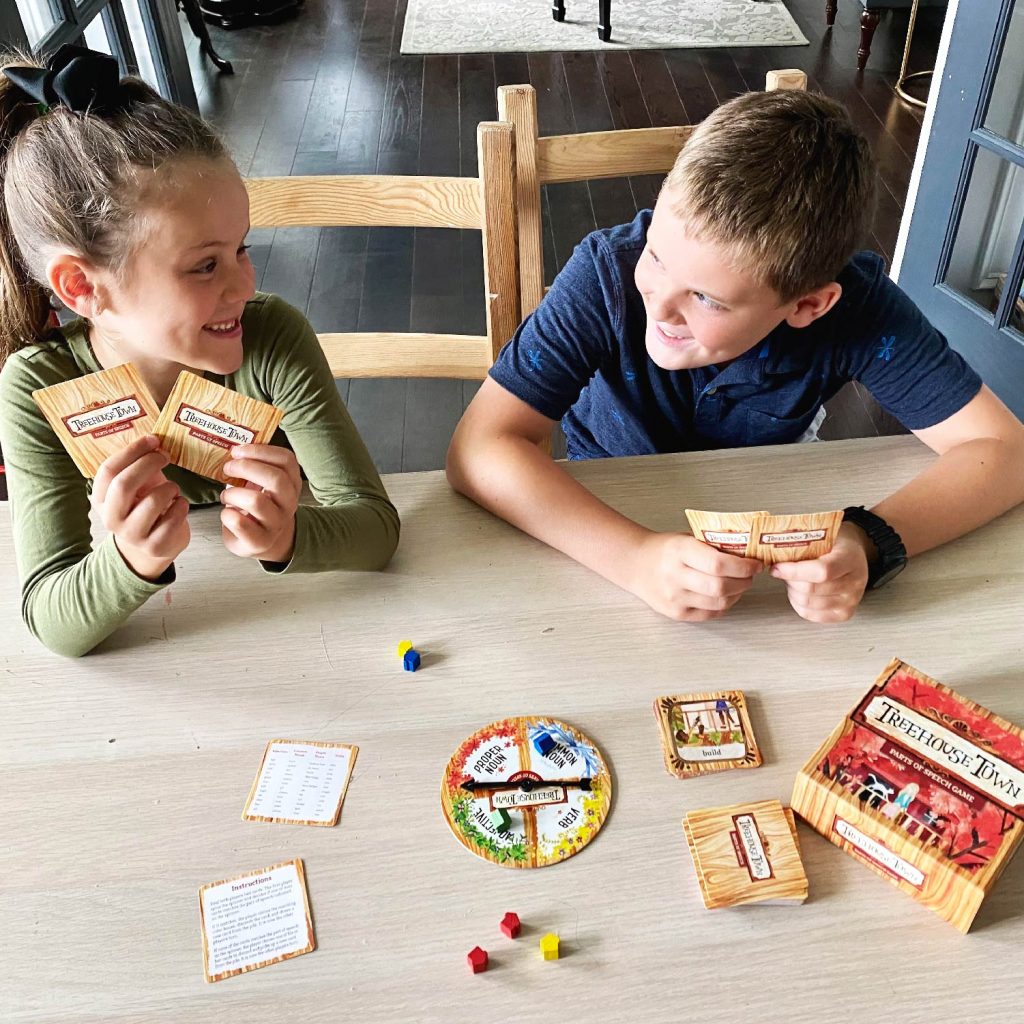



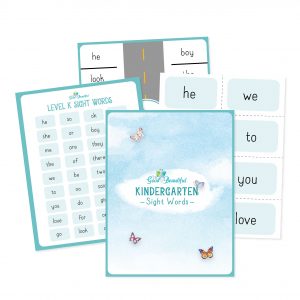
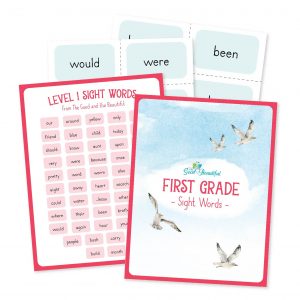
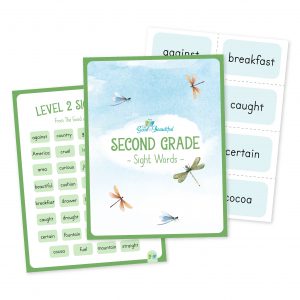
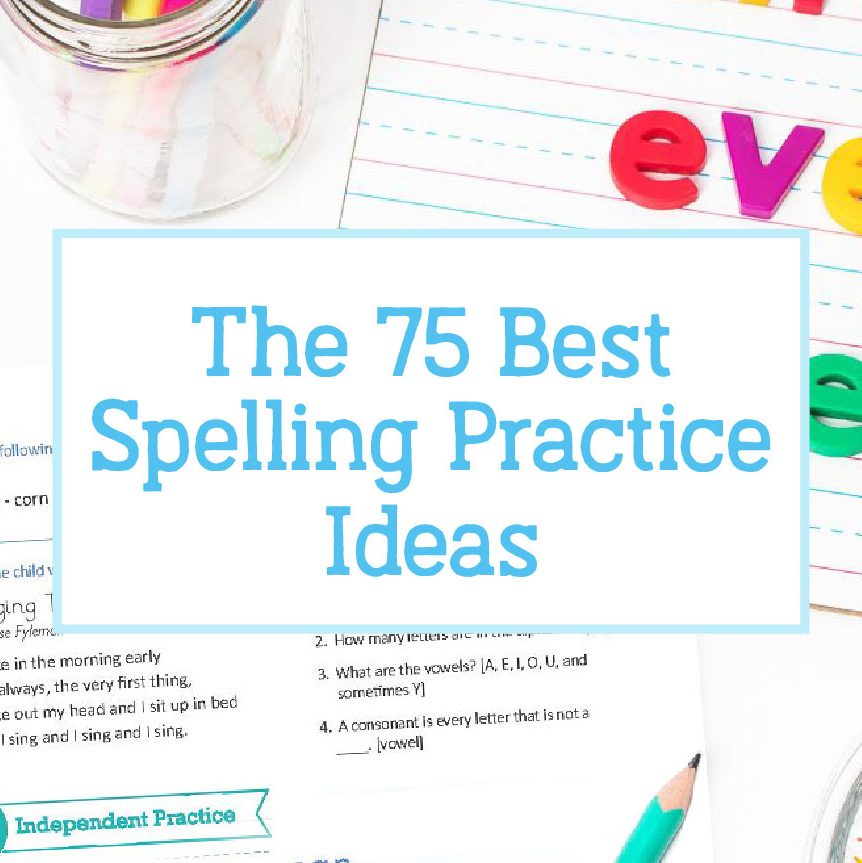
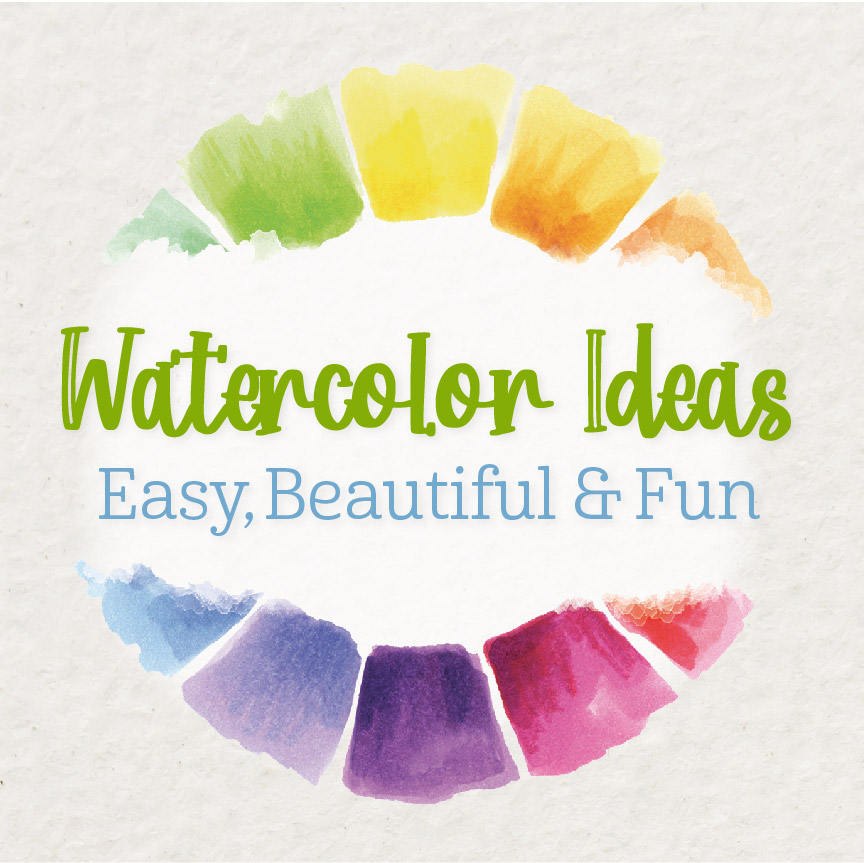
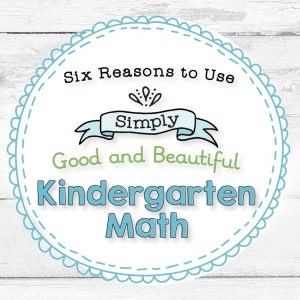



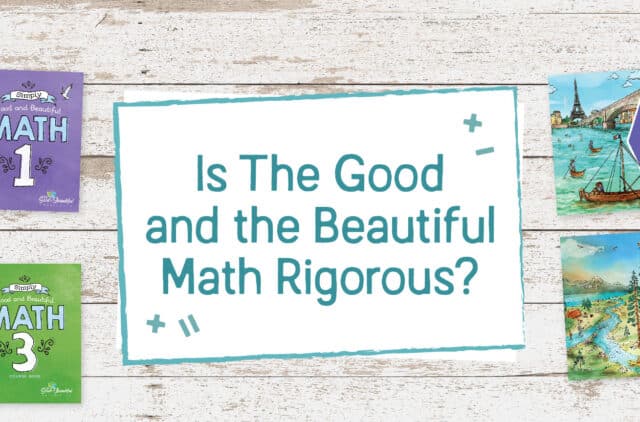
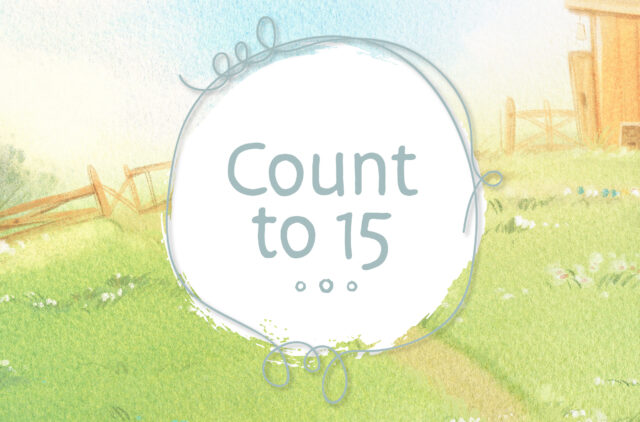
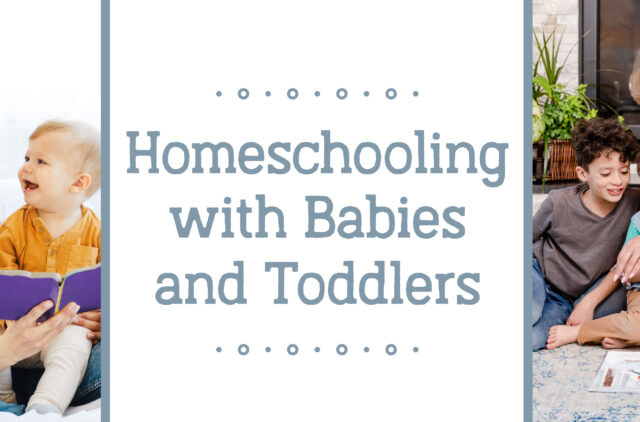
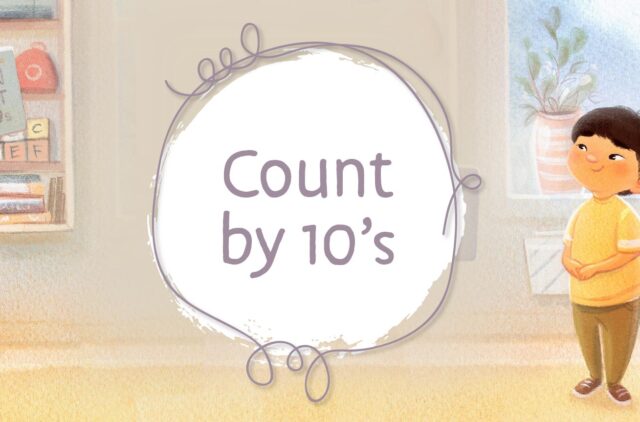
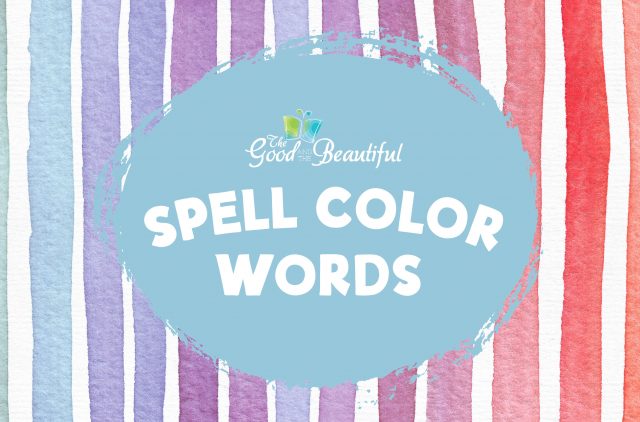

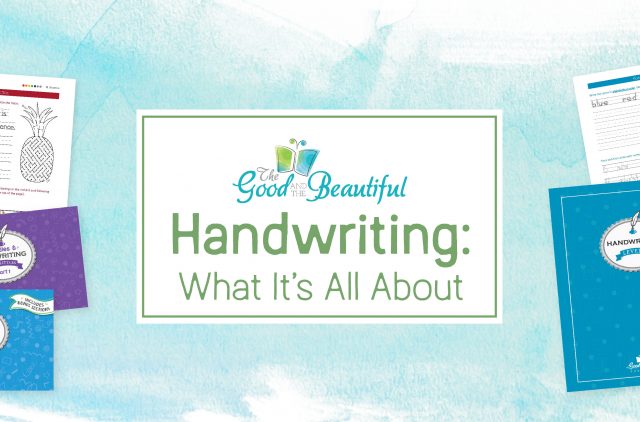
Comments
We love incorporating games into our schooling! I’m always looking for new ones to add to our collection.
Love this so much! My girls love playing games and it makes me feel so much better to know that it really does count as time spent learning! They’re always excited to get to play games on TGATB/Letter Tiles apps, as a bonus after doing their book work. Yay for making learning more fun! ♥️
My son loves to incorporate games into schooling. We’ve even used non educational games such as chutes and ladders and just made our own cards with math problems or sight words he has to read.
Thank you for this! Great read
Playing games to learn has changed our homeschool!